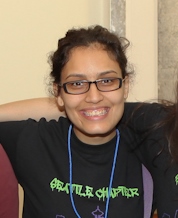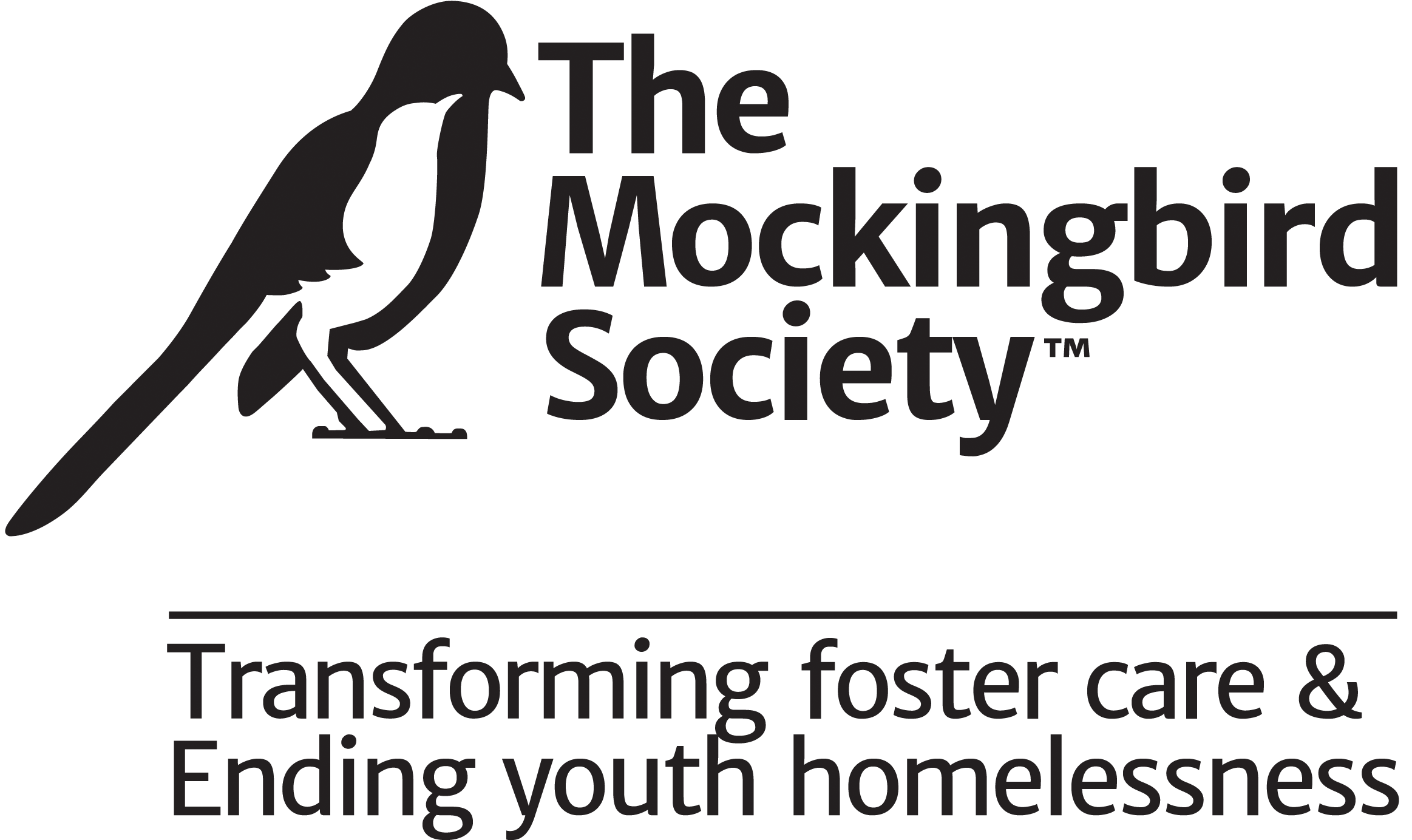Digital Story: Untold Stories
By Javonna Arriaga

Numbers don't always represent truth.
Annually 250,000 children enter foster care in the US, of those children only half will return to their home. Around 40 percent of foster children will graduate high school, 2 percent of foster youth will attend college and even less will graduate annually. Against these odds, in summer of 2013, I will have graduated both high school and college. The numbers I was born into set me up for who I was supposed to become. I chose, with my families' guidance, to deny these expectations and create a new story. As my life has unfolded so has my passion to tell untold stories to make a change in our world. My family's story has taught me that everyone's sacrifices need to be recognized, perhaps by telling their story. We found happiness in our poverty. My mother was born with very few choices. She is an amazing woman, who survived the foster care system at its worse, physical abuse, teen pregnancy, and prison. Eventually, her given circumstances led her into trouble because she wasn't given the tools to be successful or the opportunity to take care of me. Despite her best efforts, I ended up in foster care, but, because of her tenacity and ambition, I wouldn't make the same mistakes as her. I will not be a statistic and I hope through my work I can help prevent others from perpetuating negative statistics.
Throughout my college years, I have found that exploring beyond the surface always reveals complex and necessary knowledge. In theatre, specifically directing and acting, we study the best ways to tell stories and how to communicate something deeper about the human condition. Similar to the 99 percent genetic make-up that all humans have in common, there is something buried deep inside, beneath the obvious, that we can all relate to. As I studied, I uncovered a hunger to finding truth, particularly in the doubted. We discover this truth through the stories we tell and we need them to propel ourselves past our adversities. Telling these stories and working past our adversities can change the lives of others and prevent the repetition of our mistakes. There are many cycles waiting to be broken and people in poverty that weren't given the inspiration and support that I was. I want to devote my life to supporting youth who grew up without tools. I founded Boundless Arts Performance Collective my sophomore year, a local non-profit that works with foster youth in Seattle through the performance arts. As a leader, I hope my personal story will serve as an example and motivator to youth in a similar situation and help them find strength from their wounds. I want my work to help raise warriors out of ashes and leaders out of unjust statistics. I hope to teach the youth I work with that they have never been nor ever will be just another statistic. Their life is meaningful and important.
